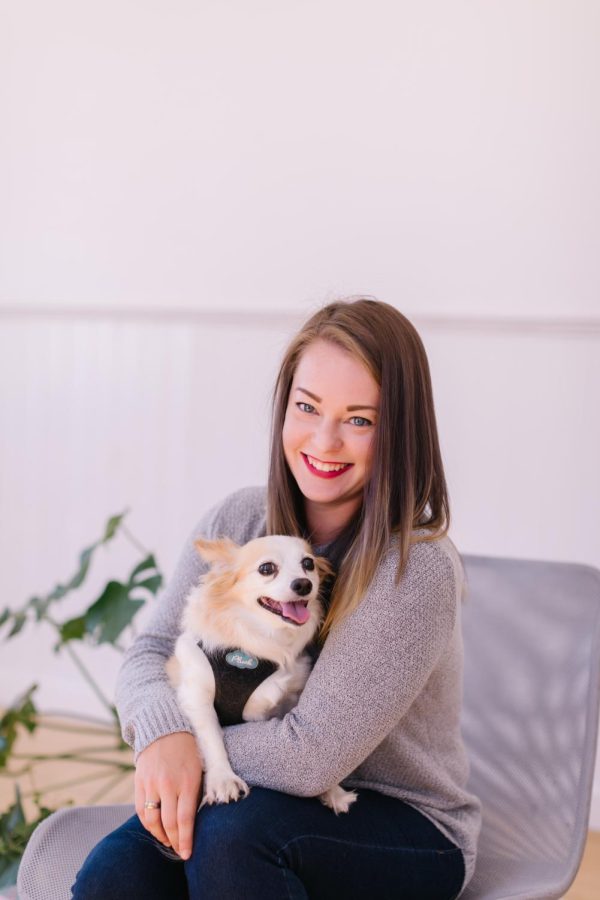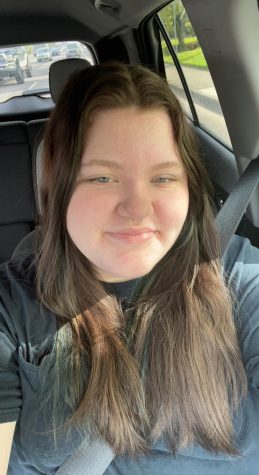Louvin Leaves a Blank Space at Barlow
Ms. Louvin leaves Barlow
December 5, 2022
As of November 18th, Kimberly Louvin, Barlow’s school social worker, no longer works in the Gresham-Barlow School District. After over four years at Barlow, Louvin will be working in the Reynolds School District as a district social worker.
Louvin defines her new position by explaining that she will be one of two social workers overseeing 19 social workers distributed throughout the district. She states, “I will be working with social workers, counselors, and building leaders to ensure that everyone understands what school social work can be to properly utilize services, skills, and expertise so that staff doesn’t burn out and students and families can receive what they deserve.”
In her time at Barlow, one thing she enjoyed most was giving presentations in PD classes. She says, “The class presentations were my favorite thing because they allowed me to get the most amount of information to the most amount of people.”She also shared that she likes having conversations about suicide. She explains, “When people have the worst moment of their life or of their day and they get to talk to an adult that actually wants to listen to them and believes them, I get to see someone actually finally feel listened to and realize that what they feel is real versus what maybe some other adult has said”.
With that, Louvin expressed concern that due to her being the sole licensed mental health support at Barlow. Unless additional support is added alongside the future social worker, many students will continue to be without the necessary support needed to work through “the non-school things that make school complicated,” as she often discusses in-class presentations.
After working at Barlow for multiple years, Louvin has many ideas about how we could improve our mental health services. She recognizes that she doesn’t know how much power the school has to resolve the overwhelming issue of an absence of services for students, families, teachers, and the community. However, she states that “…it makes a giant difference when people in positions of power explicitly state that mental health is just as important as physical health. After all, we closed schools for nearly two years due to a physical health crisis.”
She explains that when there is a lack of people that regularly validate and acknowledge that students are struggling, she says “…it creates a situation where people genuinely have to be in absolute obvious crisis in order to get help.” She believes this is important because if the first time you get access to help and support is when you are in crisis, you have likely been struggling with your mental health as well as your academics for quite some time.
Along with that, Louvin says it is important that the narrative around student behavior changes. People, especially the district and administration, need to acknowledge that the reason why students are behaving how they are is because there is an unaddressed mental health crisis.
Some advice she wants to leave with students is to be intentional in how you deal with your emotions. You are allowed to be upset, but how you choose to deal with that is important. She recommends having two outlets for your feelings and if you can, going to therapy with a therapist that wants to work with teenagers. TherapyDen.com is a great place to start looking for a therapist as well as reaching out to your counselor.
When asked if there is anything she wants to add, she states that many adults don’t know that mental health is just an explanation of how your brain works and it doesn’t necessarily mean that you’re broken. She shared her experience with being diagnosed with autism and ADHD in her thirties and reassures students that, ”…if you think your brain works differently, it might.” She says that it’s not uncommon for people to not understand that. We can’t expect people to know what we don’t teach them so it’s essential that people working in education continue to prioritize learning about the latest research on mental health, especially as many students are seeking out support.
Finally, she adds, “As it’s bittersweet as it is to move on from Barlow, it feels confidence-building in a way I’ve never felt to have been offered this opportunity. I wasn’t looking to leave but now the work that I do will impact over 10,000 students across a district in the same way, hopefully, that it impacted all of the Barlow Students.” If you want to continue to see mental health resources from Miss Louvin, she runs an online Instagram account for teens and families focused on mental health, @schoolsocialworker.mskim.






